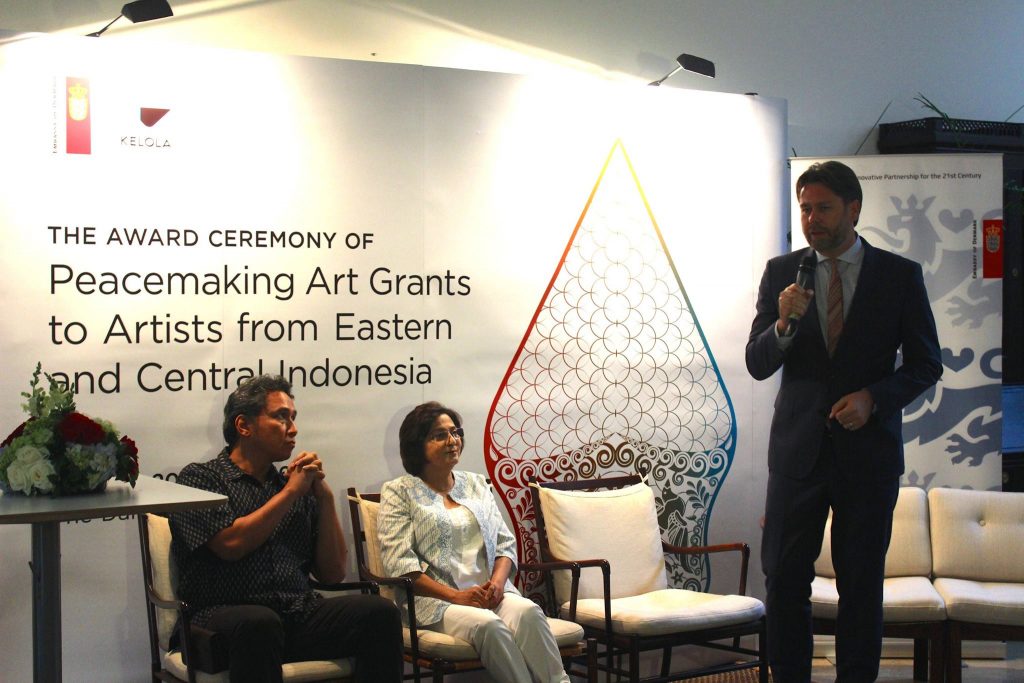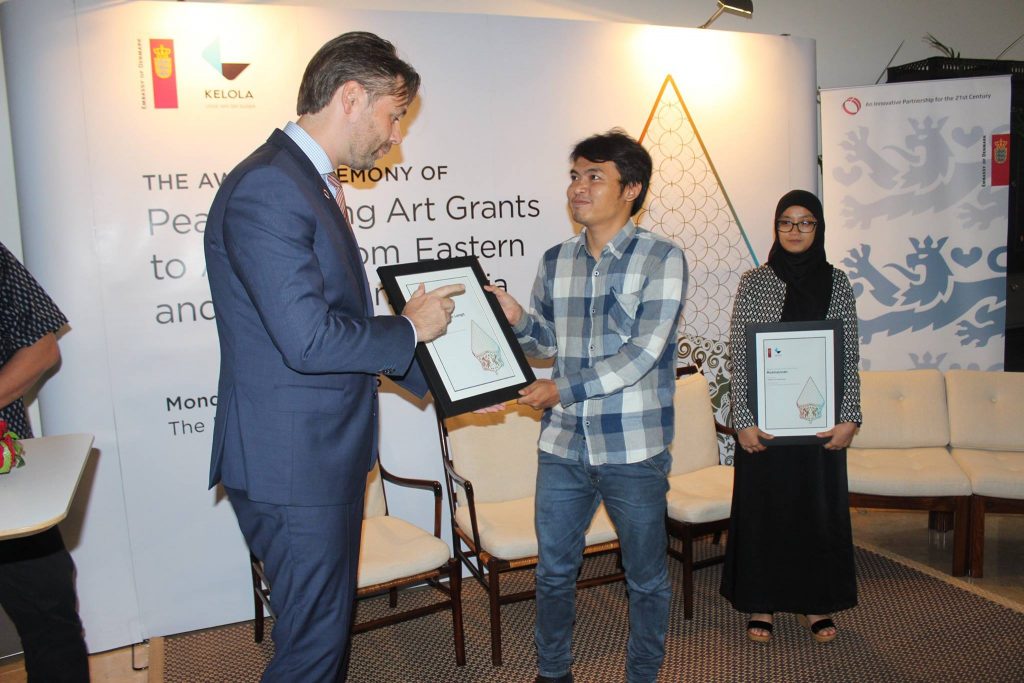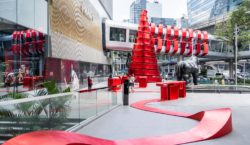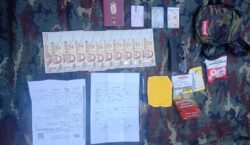

On Monday 20 June 2016, The Danish Embassy in Jakarta granted 10 recipients with Rp 30 million each for the giant pilot project, The Peacemaking Art. More than 100 friends and partners of the Embassy joined the Buka Puasa held in an informal setting and followed by live jazz music by Mondo Gascaro.
The grant is part of a Danish Culture Program in Indonesia that was launched by Danish Foreign Affairs Minister, Kristian Jensen, in the presence of the Queen of Denmark, Margrethe II, during a state visit to Indonesia in 2015.The grant are estimated to be sufficient for recipients to realize their work, and they are expected to show results within a year.
The Danish Ambassador to Indonesia, Casper Klynge, says that while the Danish Cultural Program was launched in several countries, diversity makes Indonesia one of the most interesting places to carry out such a project.
“Arts and culture can play a key role in contributing to increasing tolerance and paving the way for dialogue instead of conflict, all of which are integral to achieving continued peaceful development in Indonesia and beyond,” says Casper Klynge.
Rabu Langit was one of 10 artistic projects to receive a Peacemaking Arts Grant, an artistic grant arranged by the Danish Embassy in Jakarta, Indonesia’s Education and Culture Ministry, and local partner Kelola Foundation.
Comprising of youth from various religious communities in Lombok, West Nusa Tenggara (NTB), Rabu Langit Community is no ordinary art community.
The Islamic school students have used art to criticize the phenomenon they observe to have arisen from the interaction between religious and cultural leaders — locally known as Tuan Gurus — and their followers, says Rabu Langit leader Fatih Qudus Jaelani.
The phenomenon, he explained, is to be discovered in how their teachings sometimes contravene their own demeanor. These leaders often creating fear due to the spread of fanaticism triggered by their teachings. They tend to dominate the livelihood of surrounding communities,
“The youth translated the situation into poetry, literature and theatrical performances,” Fatih said.
The grant is offered twice-yearly, with the next application round to open in September. “It is possible that they grant will be continued if the response and results are positive,” Klynge said.
This year grants were are provided to artists in Central, Southeast and South Sulawesi and in Nusa Tenggara, in a selection process that began in the last quarter of last year.
The Culture and Education Ministry’s director general for culture, Hilmar Farid, said that the project was a good way to reach out to non-mainstream artists working on multi-platform projects in remote areas, adding that it could be an important step toward diversifying and democratizing the Indonesian arts scene.
Kelola Foundation chairwoman Amna Kusumo, who is in charge in overseeing the selection process, said the committee chose to focus on Sulawesi and Nusa Tenggara as they had tried to reach arts communities with little access to large cultural pockets.
These communities often have little interaction with arts communities in neighboring provinces due to limited infrastructure and a lack of mobility. The foundation aims to facilitate interconnection between these groups.
”For the second batch of grants we will focus on eastern Indonesia. We may need to continue to develop the same provinces though, because one year might not be enough to achieve the desired results,” she explained.
The Peacemaking Arts Grant-ceremony were held at the Danish Ambassador’s residence in Jakarta.
Sources: www.thejakartapost.com




